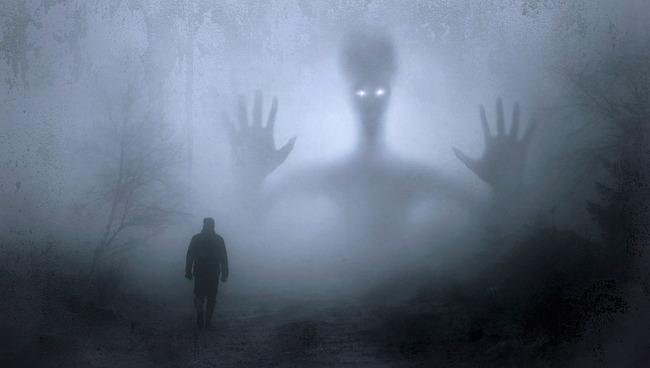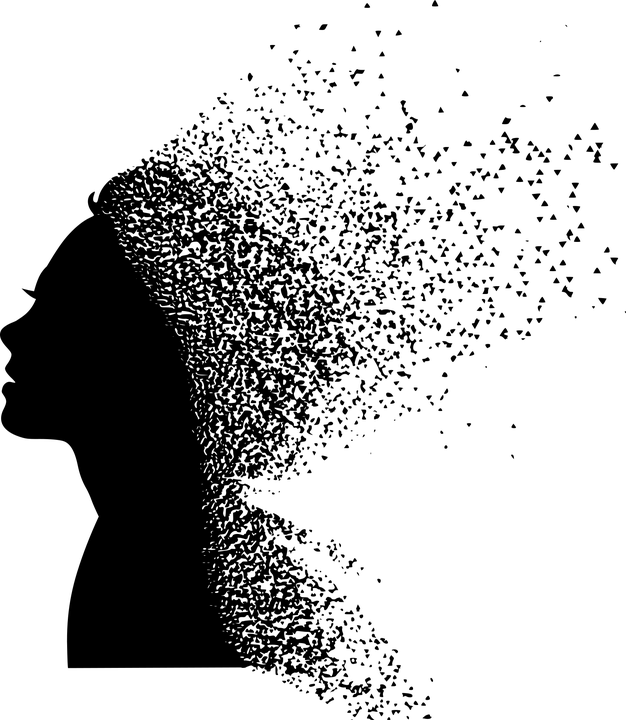Christianity’s Walking Dead by Joshua Mitchell for American Institute for Economic Research
Eighteenth-century philosophers had a very simple explanation for the gradual weakening of beliefs. Religious zeal, they said, was bound to die down as enlightenment and freedom spread. It is tiresome that the facts do not fit this theory at all.
Alexis de Tocqueville, Democracy in America
The idea that there are distinct epochs of history, each with distinct types of humanity, each having distinct understandings of the world that are somehow explained by the characteristics of that epoch, has a long history. Nietzsche gave us the noble soul and the resentful soul, the former predominating in the pre-Socratic age, the latter prevailing from Christianity down to the present moment. Before him, Marx gave us feudal man and capitalist man, the former able to understand the plurality of values, the latter who reduced that plurality to the monovalent measure of money. Further back, Kant gave us the archaic man, who treated others as means, followed by cosmopolitan man, who treated others as ends. Rousseau gave us ancient man, who was oriented by virtue, and modern man, who is oriented by interests. Luther, working within a biblical framework, gave us Old Testament Man, oriented by the Law, and New Testament Man, oriented by the Gospel. Augustine gave us that formulation as well, though more moderately formulated, which left open the way for Aquinas to leave his indelible mark on the Roman Catholic Church.
Many serious thinkers today believe we have gone astray with this sort of analysis, which in one way or another proposes that man is a historical being, without a fixed nature, whose development as a moral agent rests, in some measure, on the epoch in which he dwells. They doubt that this formulation can any longer be endorsed because they have concluded that the hope invested in the historical development of man has been unwarranted. Has this idea not given us the moral mess in which we find ourselves today, a world without bearings, in which all things are possible? To catch our breath now that this centuries-long wager has failed, and get our bearings, do we not now need to return to thinkers who held a doctrine of human nature. Alexis de Tocqueville is a strange intermediary between the two understandings. There is much in Democracy in America that suggests historical development. We have left the aristocratic age, he writes, and entered the democratic age. Yet Tocqueville stops short of abandoning human nature in two places: in the realm of religion and in the matter of the sexes. The epigraph that introduces these brief remarks here indicates that the “secularists” are wrong: religion is not an artifact of an earlier age, replaced as enlightened ideas spread. Religion is a permanent feature of human life. And it is because there are eternal longings in the human heart that cannot be erased. Tocqueville’s brilliance was to have seen that the “secularization thesis” that took hold in the academic world a century after he wrote was a delusion. Man is a religious being. Human nature perennially makes its claim.
Tocqueville was, I think, a bit too confident. Man is religious, he thought, because his sorrows and suffering cry out for answers that the world cannot provide. In offering a language of hope, Tocqueville thought that religion “could reign in the democratic age and in all others.” Yet religion in general, and Christianity in particular, offers more than a language of hope; it provides a language of transgression and innocence. About this, Tocqueville says little in Democracy in America. Our problem in America today begins there, with the way we are haunted by the language of transgression and innocence, but no longer have a Christian way of understanding it. This development suggests neither the permanence of religion nor the advent of an entirely new, secular, stage of history that Tocqueville thought impossible to emerge. This strange intermediary is identity politics. Because it is not quite Christian and not quite secular, it is perhaps best understood as Christianity’s Walking Dead. The language of transgression and innocence brought life when Christianity reigned. That is because when Christianity reigned, transgression and innocence could not be decoupled from repentance, atonement, and forgiveness. Without these, life withers. For the moment—perhaps forever?—the reign of Christianity is behind us. What walks about is a ghoulish and deadly creature that lives by killing the living creatures that remain. It does this by scapegoating them, by attributing to them transgressions that must be purged—and giving them no means to repent, atone, or be forgiven. Identity politics is the macabre confirmation of the permanence of the Christian language of transgression and innocence; and it is the chilling confirmation that the age of Christianity has passed.




